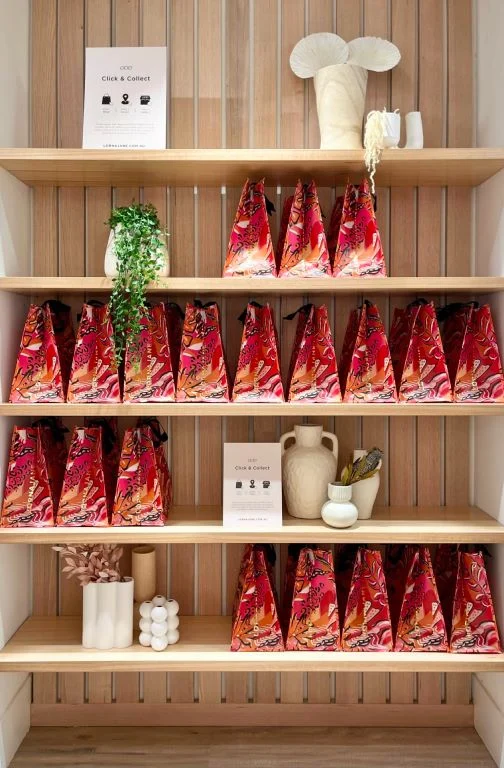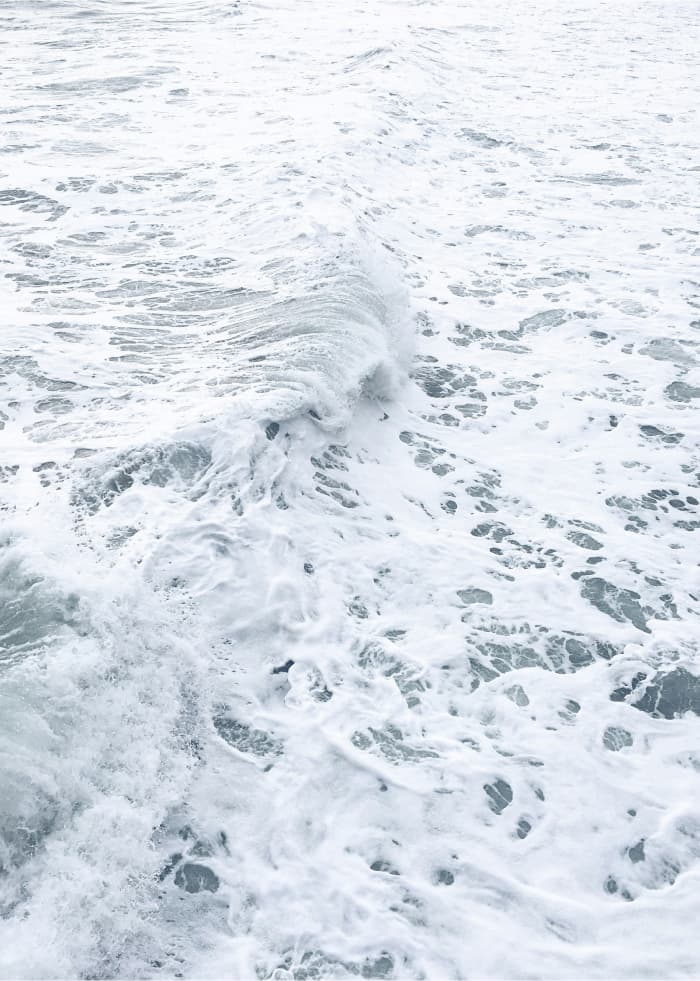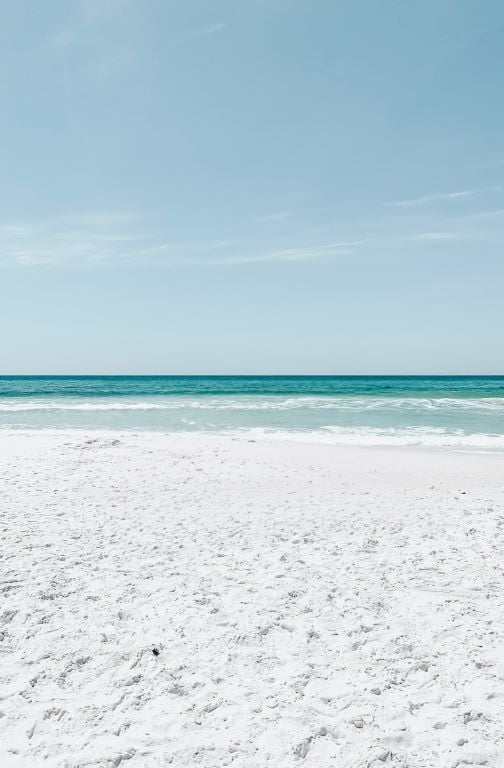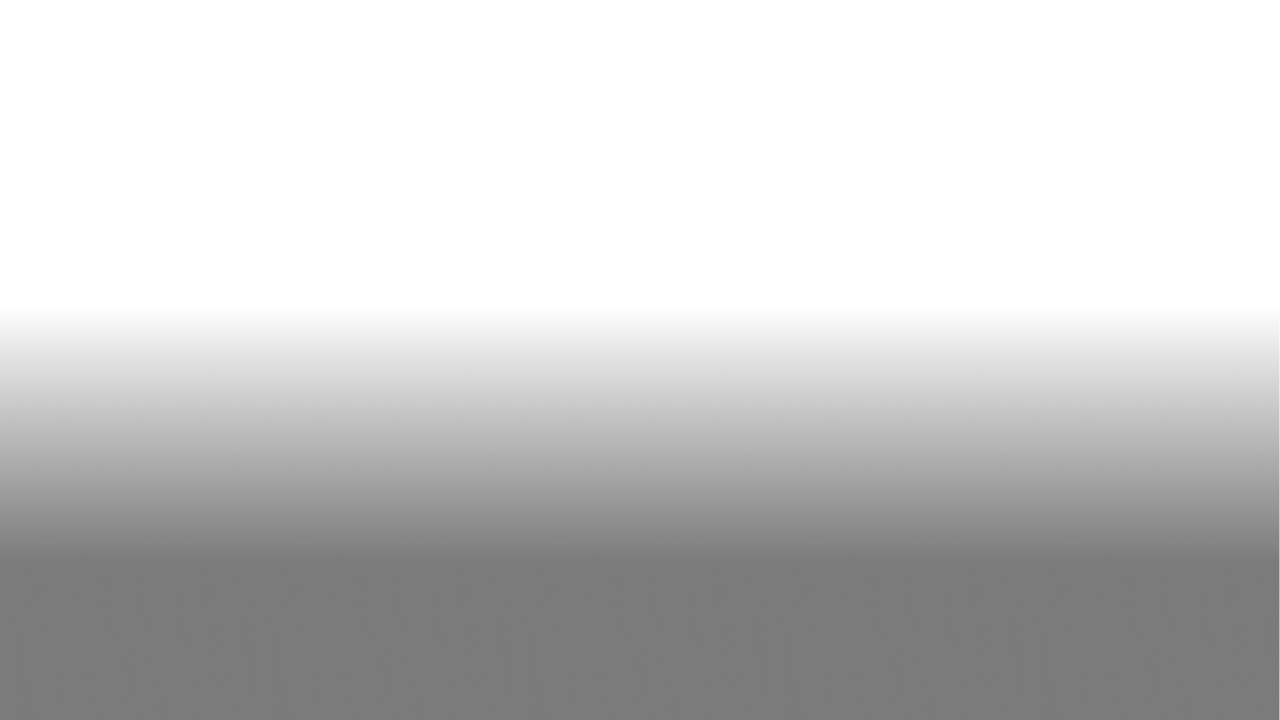At Lorna Jane, we are committed to creating high-quality activewear that not only supports your active lifestyle but also respects our planet. Our Preferred Fibre Program is at the heart of this commitment, guiding our material choices to ensure they align with our sustainability goals.

Where We Currently Stand
10%
Preferred Fibres in our collections
50%
Lorna Jane is committed to ensuring over 50% of their collection contains Preferred Fibres within the next 12-24 months
Last updated: September 2024
Lorna Jane Preferred Fibre List
What Are Preferred Fibres & Why Do We Use Them?
No fibre is perfect—each has an impact on both humanity and the planet. However, some fibres are better for the environment, which is why we refer to them as "preferred”. These fibres are selected based on their reduced environmental impact compared to conventional options.
A Word on Synthetic Fibres
Lorna Jane is aware of the negative impacts driven from using synthetic fibres and this is how we are combatting them:
1. Environmental Pollution:
Synthetic fibres, often derived from petrochemicals, contribute to environmental pollution during their production and disposal. To combat Environmental Pollution, we are including more recycled fibres in our collection reducing the reliance on virgin materials and decreasing pollution.
2. Microplastics:
When synthetic textiles are washed, they release microplastics into water bodies. These microplastics can harm marine life and ecosystems and eventually enter the food chain, posing health risks to humans and animals. To combat Microplastics, we provide our customers with detailed Care Instructions, offering guidance on washing practices to minimise microfibre release.
Learn More
We sell GuppyFriend bags online. The GuppyFriend bag is a simple yet powerful tool designed to capture microfibres released from synthetic fabrics during washing, preventing them from entering our waterways. By offering these bags online, we're providing our customers with an easy way to protect the environment while extending the life of their activewear. Will be supporting Cleanup Efforts: Participate in initiatives to remove microplastics from oceans and waterways. Stay tuned for updates on this.
Shop our GuppyFriend Bags
3. Non-Biodegradability:
Synthetic fibres do not break down easily, leading to long-lasting waste in landfills. This non-biodegradability poses a significant environmental challenge. Further to this, if our synthetic fibres are mixed with the likes of elastane, it is tricky to recycle. To combat this issue, we are proud to announce that we have partnered with the Australian Fashion Council in being a Foundation Member of the Seamless Clothing Stewardship Scheme. We have invested in having a Seat at the Board and will partner with like-minded Australian clothing brands, to navigate the pathway to change and address the challenges of fashion consumption. This world leading initiative aims to improve the design, recovery, reuse and recycling of clothing in Australia, providing a roadmap to circularity by 2030.
4. Energy-Intensive Production:
The production process of synthetic fibres is highly energy-intensive, contributing to increased greenhouse gas emissions and climate change. Please read here about our Climate Action and how we are tackling greenhouse gas emissions.
Learn More
5. Chemical Use:
The manufacturing of synthetic fibres often involves harmful chemicals that can be released into the environment, affecting soil and water quality and posing risks to human health.
Learn More
DISCOVER MORE

Packaging
This is not our first marathon. Lorna Jane has been on the sustainability journey for quite some time.
Learn More

Harmful Chemicals
At Lorna Jane, we prioritise the health and well-being of our planet, workers, and customers by implementing a chemical management practice.
Learn More

Water Management
Water is an essential resource in the fashion industry, impacting various stages from raw material cultivation to textile manufacturing and dyeing.
Learn More

Climate Impact
At Lorna Jane, we are committed to taking proactive steps towards understanding and mitigating our impact on the climate.
Learn More








